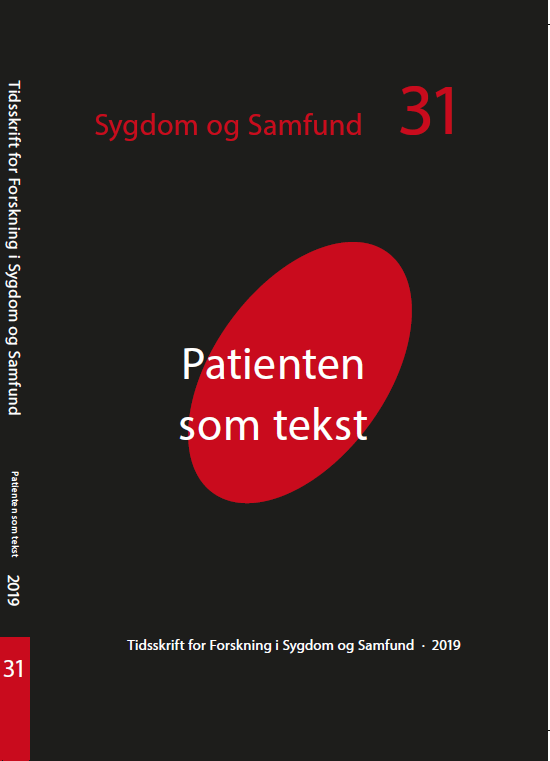Chaos Narrative and Experientiality in the Graphic Memoir: The Case of Thomas H. Nøhr’s Cirkus
Publiceret 2019-10-31
Citation/Eksport
Resumé
This article contributes to research on illness narratives. It revisits Arthur Frank’s notion of the chaos narrative and argues in favour of supplementing it with the concept of tellability, and with Monika Fludernik and David Herman’s postclassical narratological approaches to the definition of narrative that foreground experientiality and what it’s like. Furthermore, it is argued that tellability is recuperated at the discourse level in literary representations of the chaos narrative. Frank argues, that the chaos narrative cannot be represented, but in this article, the case is made that literature can mimick the chaos. It is suggested, to label this particular chaos narrative: The mediated chaos narrative. This is demonstrated in a reading of Danish cartoonist Thomas H. Nøhr’s graphic memoir entitled Cirkus, which chronicles his encounter with the Danish health care system after suffering from stress, depression and severe burnout. The graphic memoir can experiment with the affordances of its multimodality to support the focus on narrative experientiality and to draw attention to issues of social justice. To render the chaos of the experience, Nøhr examines how the affordances of graphic memoir enables one to experiment with narratological building blocks such as the distinction between the narrating I and the experiencing I and with Gérard Genette’s three categories of time: order, duration, and frequency.

